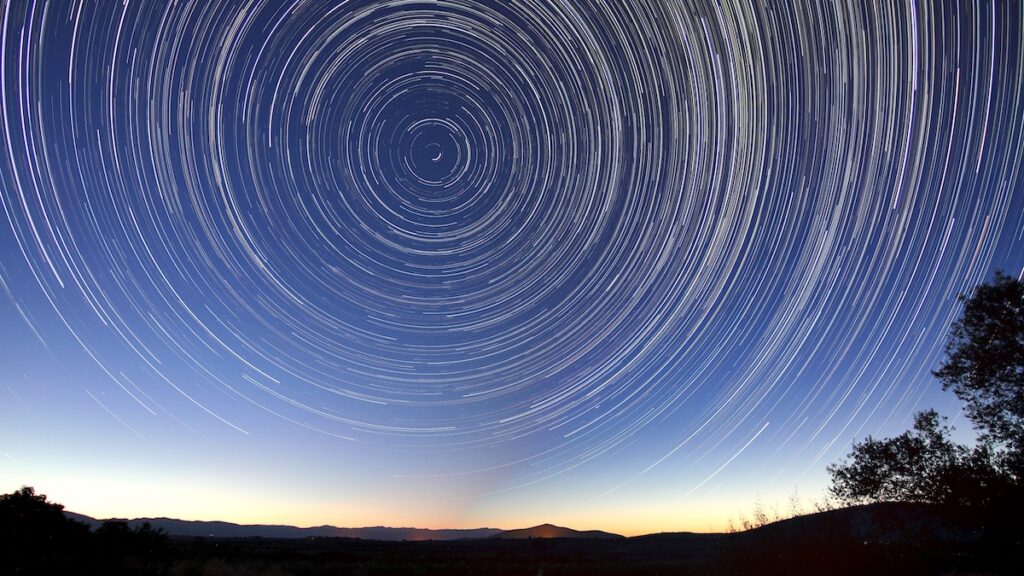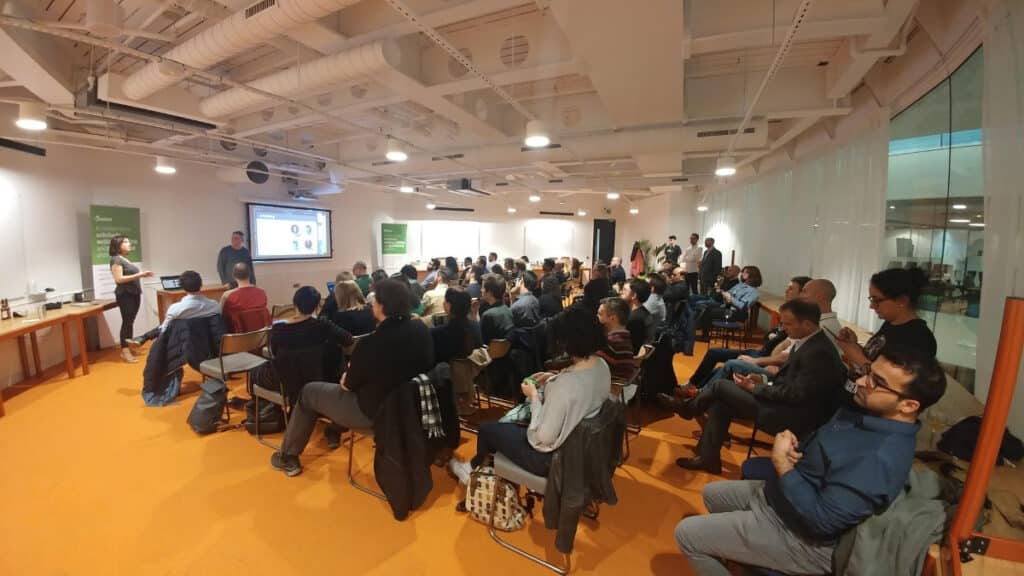Over the last few years, many things were put on hold only to come back bigger and better; the Academy Awards, COP26, and of course Liverpool FC’s eventual triumph over the rest of the Premier League. However, none have been so hotly anticipated as #FuturePub – Return of the Research Tech Innovation Social!
We’re really excited to announce that #FuturePub is BACK! We’ll be at the Royal Institution (the Ri to its friends) on May the 4th (be with you) for everything you know and love and SO MUCH MORE.

Join us for food, drinks, lightning talks from cutting-edge innovators in research tech, networking with a bunch of like-minded people, and even explore the historic building that is hosting us.
Hosted by Digital Science, the evenings are designed to be fun and informal – we aim to give opportunities to those working on new ideas and innovations a chance to present and get feedback on their ideas. There’s also free food!
We’ve hosted over a dozen #FuturePubs in the past and have been described as “a staple of the London science tech/publishing scene”.
In case you’re wondering how it all works, here’s a breakdown of how the night will look:
- Doors will open at 6:00 pm when you can grab some food, a drink, and meet fellow attendees. You can also explore the historic home of science communication and innovation with a walk through the Faraday Museum at the Ri.
- At around 6:30 pm there will be some quick-fire lightning talks covering a range of new and exciting developments in research technology. These will fit into an hour, to keep the evening fast-paced and fun!
- The rest of the evening is then open for discussions and conversations over drinks and any remaining food – we expect a great mixture of attendees from the research, publishing and start-up communities.
- From about 9:00 pm those who would like to continue conversations can start to wander over to the King’s Head pub down the road where we’ve reserved a space.

We’ll have a great selection of speakers lined up and will be announcing the first two shortly, with further announcements as we approach the event. Register now to be the first to hear the speaker announcements as they go out!
We also still have a couple of speaking slots left, so if you’d like to speak at this event (or one in the future), please register your interest via this form.
And if you just want to turn up and enjoy the event, sign up here! Tickets are FREE, but limited, so grab yours NOW. We can’t wait to see you at #FuturePub!
WHEN: Thursday, May the 4th, 2023 from 6:00 pm to 9:30 pm (BST)
WHERE: The Royal Institution of Great Britain, 21 Albemarle St, London W1S 4BS
Doors open at 6:00 pm and the talks will kick off at 6:30 pm. Space at the venue is limited, so please register for your free tickets now to reserve your place!
About the Author
Suze Kundu is Director of Researcher and Community Engagement at Digital Science.
The post Star Wars Day sees Return of the #FuturePub appeared first on Digital Science.
from Digital Science https://ift.tt/QuY4F3M

No comments:
Post a Comment